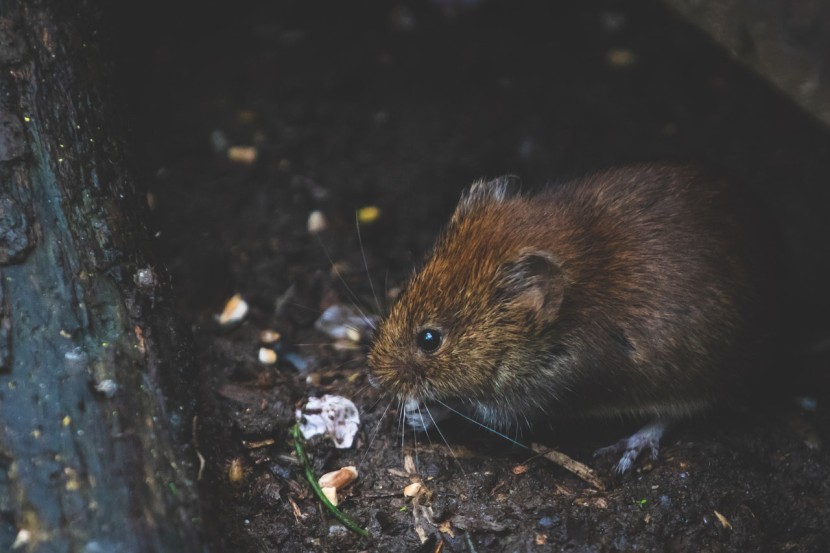
A study by New York City researchers discovered coronavirus mutations in April while rummaging through human sewage, causing concern for the infection of rats and other animals.
For months, the experts conducted testing and re-testing of samples and found four combinations of coronavirus mutations that have never been seen before when compared to the more than 2.5 million sequenced variants worldwide. The researchers also discovered that the new variants were slightly antibody-resistant, meaning they could resist the effects of the vaccines.
COVID-19 in New York City Sewers
The City University of New York's Queens and Queensborough colleges, the New School, and the University of Missouri team of virologists and microbiologists have been investigating the city's sewage since June 2020. The areas they assessed included 14 wastewater treatment plants where they collected samples in plastic bottles once a week. They then analyzed the contents to determine if there were concentrations of the COVID-19.
Going a step further, the researchers have also started analyzing the samples for coronavirus variants. But despite the alarming findings, the data is preliminary and has not been peer-reviewed or published in a scientific journal. Other experts said the study is still in its early stages to cause concern for medical officials worldwide, NBC New York reported.
However, many experts have expressed their concerns about the study's discovery, which is the potential source of the coronavirus in the sewers. Scientists said that COVID-19 could potentially infect dogs and rats, which could lead to new outbreaks in the sewer systems of New York City. Despite the rarity of animal-to-human infection, minks have previously been recorded to transmit the disease to people.
Nationwide, more animals are being reported to be infected with COVID-19, including a San Diego Zoo's female snow leopard. The creature is a companion of a male snow leopard that was previously found to have the disease as well, the San Diego Wildlife Alliance said, NBC San Diego reported.
Coronavirus Variants Nationwide
Another concerning issue with the study is that researchers said despite their presentation last month, city officials were largely silent with a response. The team was told they were free to further investigate the issue but were not offered additional funding or support by the Department of Environmental Protection.
Dr. Marc Johnson, a virologist at the University of Missouri, wrote an email on June 9 where he said that city officials basically told the researchers they could do the investigation themselves if they wanted to conduct any sort of surveillance of the rats in the sewers. He added the agency had no intention of helping them explore the potential health risks.
The issue comes as the Delta variant continues to surge across the United States and some vaccines are not able to keep up in protecting residents. But the Pfizer vaccine was found to be 88% effective in combating the deadly new variant.
The Centers for Disease Control and Prevention (CDC) announced earlier this week that 83.2% of new COVID-19 infections in the country are from the Delta variant, a surge from two weeks ago where the number was only at 51.7%, making the strain the most dominant coronavirus variant in the country, the New York Post reported.
Related Article: Moderna Considers to Include Children Aged 5-11 in the COVID-19 Vaccine Clinical Trials








